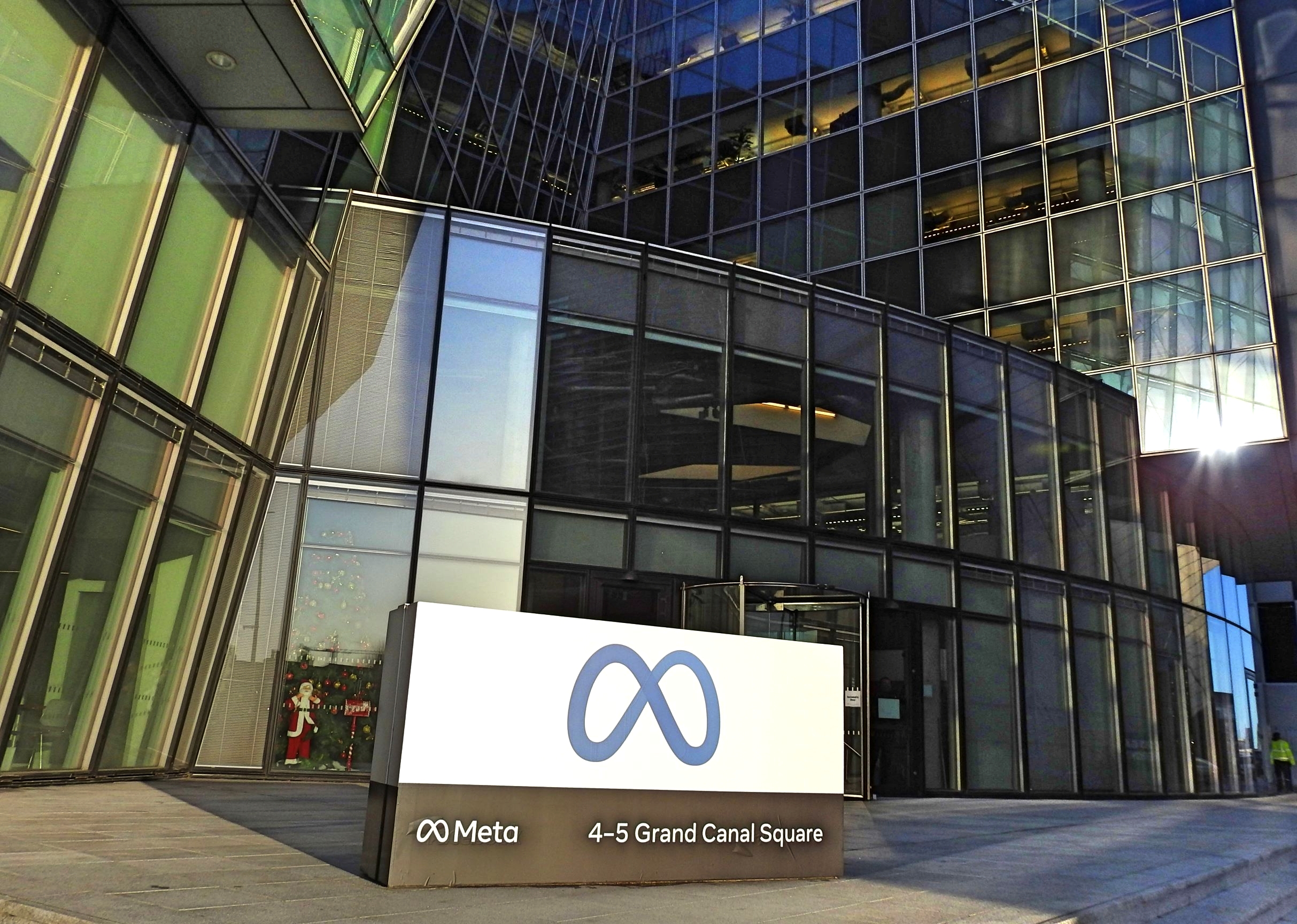A Google Business Profile (GBP) is often the first thing people see when searching for local services. A well-optimized GBP increases visibility, leading to more website visits, calls, and in-person traffic, but not if it’s not optimized and coordinated properly with the rest of your marketing strategy.
Unlike paid advertising, organic traffic doesn’t require an ongoing budget but a well-optimized profile and a consistent strategy. Businesses that ignore their GBP often see lower engagement, fewer leads, and weaker search rankings compared to those that regularly update and refine their profile.
A strong GBP helps businesses:
- Show up for high-intent local searches
- Increase trust through reviews and accurate information
- Drive more visits to their website or physical location
- Compete effectively in local search results
Some businesses struggle with GBP visibility because they rely solely on setting it up and leaving it untouched. Without regular updates, engagement, and strategic optimizations, search rankings and traffic can plateau. Whether the goal is more walk-ins, calls, or online bookings, the key is making GBP a dynamic part of a local SEO strategy.
Optimizing Your Google Business Profile for Maximum Visibility
Google prioritizes profiles that are fully completed and updated regularly. Inconsistent or outdated details can reduce visibility and lower search rankings.
- Ensure the business name, address, and phone number (NAP) are accurate across all online listings.
- Use primary and secondary business categories that accurately reflect services offered.
- Add service areas to expand reach beyond the immediate location.
- Keep business hours updated, including holiday schedules.
High-Quality Photos & Videos
Visual content signals credibility and helps customers feel more confident about engaging with a business. Google rewards profiles that frequently update images.
- Upload exterior and interior shots to give customers a clear idea of what to expect.
- Share team photos to build trust and highlight professionalism.
- Use short videos to showcase services, behind-the-scenes footage, or customer testimonials.
Leveraging Google Business Profile Updates for Engagement
Google Business Profile updates allow businesses to share timely updates, promotions, and events directly on their profile. These updates can improve engagement and click-through rates.
- Post at least once a week to stay active in search results.
- Highlight promotions, new services, or business updates.
- Use a clear call to action (CTA) to encourage clicks or visits.
Building Trust with Customer Reviews & Responses
Reviews are one of the strongest ranking factors for local search. A high volume of positive feedback increases credibility and encourages engagement.
- Encourage happy customers to leave reviews by providing a direct link.
- Respond to every review—thank positive reviewers and professionally address concerns from negative ones.
- Avoid fake or incentivized reviews, which can lead to penalties.
Local SEO Strategies That Drive More Organic GBP Visits
A well-optimized Google Business Profile is only one piece of the equation. To generate more organic visits, businesses need to strengthen their local SEO efforts beyond GBP itself. Search engines rely on various signals to determine local rankings, including website content, citations, and backlinks. Strengthening these areas improves visibility and ensures GBP works as effectively as possible.
On-Page SEO for Local Visibility
A GBP listing is only as strong as the website it links to. When ranking local search results, Google evaluates the relevance and quality of landing pages. Optimizing these pages helps reinforce location-based authority and increases the chances of appearing in organic and map pack results.
Optimizing Website Landing Pages Linked to GBP
- Ensure that the business name, address, and phone number (NAP) match what’s listed on GBP.
- Create location-specific pages for each business location to improve relevance for local searches.
- Use structured data markup (schema) to highlight business details for search engines.
Adding Location-Based Keywords Naturally in Content
- Include city and neighborhood names in page titles, meta descriptions, and headers.
- Use long-tail keywords that reflect how local customers search (e.g., “best coffee shop in downtown Phoenix”).
- Write helpful, locally focused content that answers common customer questions.
Embedding Google Maps for Better Local Signals
- Add an interactive Google Map to contact pages to improve search relevance.
- Ensure the map pin is properly placed and labeled with the business name.
- Use embedded maps with driving directions to improve user experience and engagement.
Citations & Directory Listings
Google cross-checks information across multiple online sources to verify a business’s legitimacy. Consistency in business details across directories strengthens local search authority and helps GBP rank higher.
Why Local Citations Matter for GBP Ranking
- Google uses citations to validate business information and improve local search accuracy.
- More mentions of a business across reputable sites increase trust and authority.
- Inconsistent NAP data can confuse search engines and lower rankings.
Ensuring Consistency Across Directories Like Yelp, Bing Places, and Apple Maps
- Audit existing listings for discrepancies and correct any outdated details.
- Use the same format for addresses and business names across all platforms.
- Claim and optimize listings on high-authority directories relevant to the industry.
Tools to Monitor and Correct Inaccurate Citations
- Moz Local, BrightLocal, and Yext can automate citation management.
- Google Search Console alerts businesses to missing or incorrect details.
- Manual audits ensure directories not covered by automated tools stay accurate.
Backlinks & Local Mentions
Backlinks signal credibility to search engines. When reputable local websites link to a business, it reinforces relevance and improves search rankings.
How Local Backlinks Improve GBP Rankings
- Google sees inbound links from trusted sources as a sign of legitimacy.
- Backlinks from local news, blogs, and chambers of commerce increase local relevance.
- More backlinks from real, local sources can strengthen map pack rankings.
Ways to Earn Links from Local News, Blogs, and Industry Sites
- Pitch local journalists with business updates or community involvement stories.
- Write guest posts for industry blogs or regional websites.
- Sponsor local events or charities to gain mentions and backlinks.
Partnering with Local Businesses for Cross-Promotion
- Feature other local businesses on a blog and request reciprocal links.
- Collaborate on joint promotions that include links on both business websites.
- Participate in community roundups or business spotlights in local publications.
Creating Service Pages for Nearby Cities
Expanding local reach isn’t just about optimizing your Google Business Profile—it also requires strategic content on your website. Service pages act as targeted landing pages highlighting specific offerings while incorporating location-based keywords. This helps search engines connect your business with potential customers in surrounding areas.
Why Service Pages Matter
Google prioritizes relevant, localized content when ranking businesses in search results. A well-structured service page for each nearby city increases the chances of appearing when people search for your services in those areas. Instead of competing for broad, high-competition terms, these pages help capture searches from people actively looking for solutions nearby.
How to Structure Local Service Pages
- City-Specific Headlines: Clearly mention the service and the target location (e.g., “SEO Services in Delray Beach, FL”).
- Localized Content: Discuss common industry needs in that city, referencing local trends, regulations, or concerns.
- Service Details: Describe what you offer, how it benefits customers, and why you’re the best choice.
- Customer Testimonials: If possible, feature reviews from clients in that city to build trust.
- Google Map Embed: Reinforce your local presence by including a map of your office or service area.
- FAQs: I am still shocked at how many pages I see that are not taking advantage of site real estate to add questions that satisfy relevant search intent. A great starting point involves following the steps below:
- On Google, search the term you are trying to rank for.
- When the results populate, scroll down to where you see “People Also Ask.” This is a free giveaway, and you can take those same questions and incorporate them into your FAQ section with local intent keywords like “near me” or whatever local geo you are trying to generate organic visits for your Google Business Profile.
Scaling Up Without Duplicating Content
Each service page should provide unique value, not just repeat the same information with different city names. Adding custom details about how your service applies to each location—whether through local case studies, client stories, or references to regional challenges—keeps the content relevant and avoids duplicate content issues.
Building out localized service pages is a long-term investment in organic traffic. Combined with an optimized GBP and other local SEO strategies, these pages help solidify your visibility across multiple cities.
Key Metrics for Local SEO Success
Tracking the right data points separates businesses that consistently attract organic visits from those struggling to get noticed. Google Business Profile insights and website analytics provide a clear view of what’s working and needs adjustment. The metrics that matter most depend on whether a business is still building an online presence or refining its approach to convert more leads.
GBP Engagement Metrics to Watch
Google Business Profile offers direct insight into how users interact with a listing. Understanding these engagement signals can guide optimization efforts to improve local search rankings and drive more visits.
- Click-Through Rate (CTR) from Search Results – A low CTR suggests the GBP title, description, or photos might not be compelling enough. Testing different business descriptions or updating images can make a listing stand out.
- Call and Direction Requests – If these numbers are low, consider whether the business name, service area, or contact information is clear enough. Encouraging satisfied customers to leave reviews mentioning the business’s location can also help.
- Popular Search Queries – GBP shows which keywords trigger a listing. Comparing these to website data can reveal whether searchers find what they expect or if adjustments are needed to better align with user intent.
For a small business with a newer website, these insights help determine if people are discovering the listing organically. If search visibility is still low, strategies like posting updates regularly and getting more local citations may help strengthen the profile.
Website Traffic & Conversion Indicators
While GBP drives visibility, the website ultimately converts visitors into customers. Google Analytics and Google Search Console provide deeper insights into how local search users interact with a site.
- Organic Traffic Growth from Location-Based Searches – Looking at the percentage of visitors coming from city-specific or service-related searches helps measure local SEO progress.
- Bounce Rate & Time Spent on Service Pages – If people click from GBP to the site but leave immediately, it could mean the page content doesn’t match expectations. Improving page clarity, adding local testimonials, or ensuring mobile-friendliness can help retain visitors.
- Form Submissions & Calls from GBP Visits – Tracking how many inquiries originate from GBP traffic helps determine if the listing effectively converts interest into action. Adjusting CTAs or offering limited-time promotions can encourage more engagement.
- For an established business with an older website, refining local SEO means focusing on conversion rates. If traffic is steady but leads aren’t increasing, optimizing service pages, testing different CTAs, or refining local content can help turn visits into inquiries.
Recap: Generating Organic Visits for Your Google Business Profile
Building and maintaining a strong Google Business Profile takes consistency, but the payoff is real. More visibility means more opportunities to connect with potential customers online and in person. Here’s a quick checklist to keep your GBP optimized for steady organic traffic:
- Complete Every Section of Your Profile – Accurate business details, categories, and services help your listing rank for the right searches.
- Encourage and Respond to Reviews – Positive engagement builds trust and signals activity to Google.
- Post Regular Updates – Fresh content keeps your listing relevant and boosts engagement.
- Use High-Quality Photos – Visuals attract more clicks and interactions.
- Monitor GBP Insights & Adjust – Tracking search terms, clicks, and calls can guide strategy shifts.
- Build Local Authority – Directory listings, backlinks, and location-based content reinforce credibility.
- Optimize Your Website for Local SEO – GBP and your website should work together to improve rankings.
If keeping up with all this feels too much, let the Boynton Beach local SEO experts at LFG Media Group handle it. We’ll keep your business visible, competitive, and consistently ranking. Let’s get your business on the map—and keep it there. Easily book a Discovery call with us today to share your business goals and learn how we can help you achieve them through a expertly crafted local marketing strategy.









